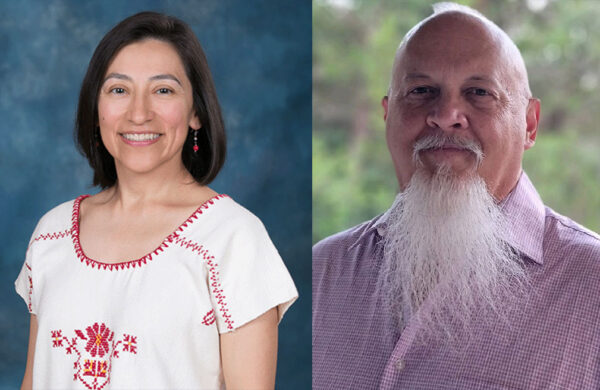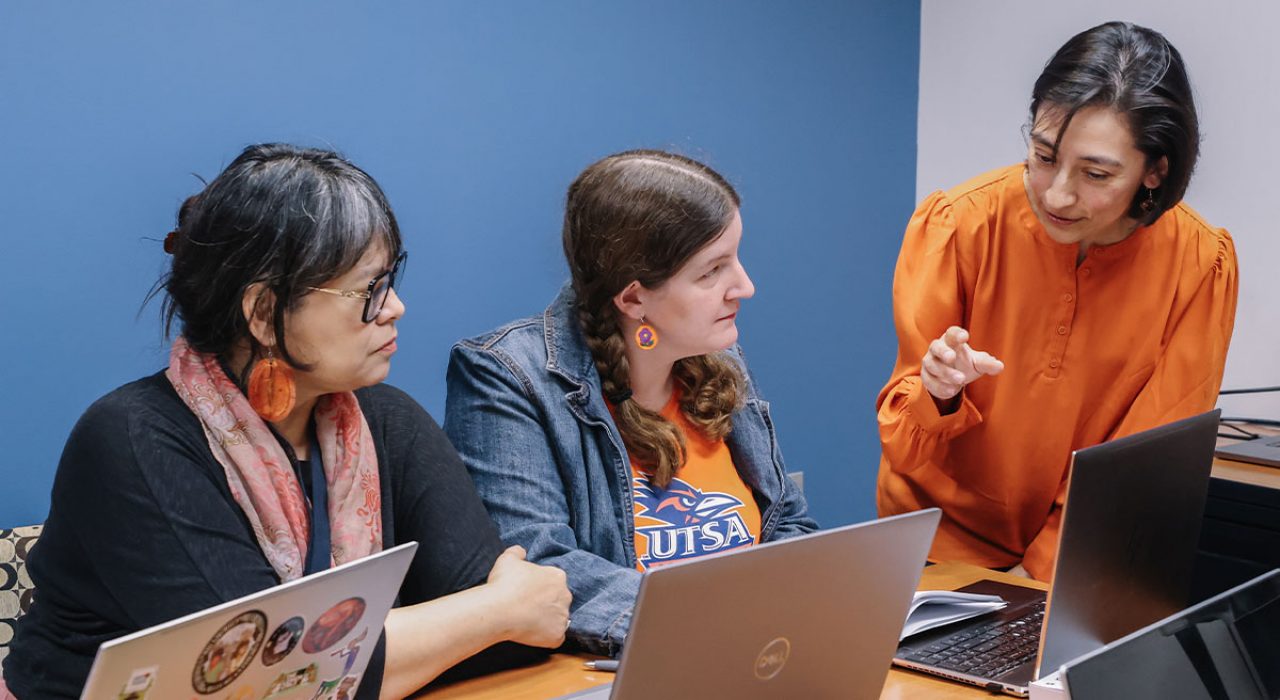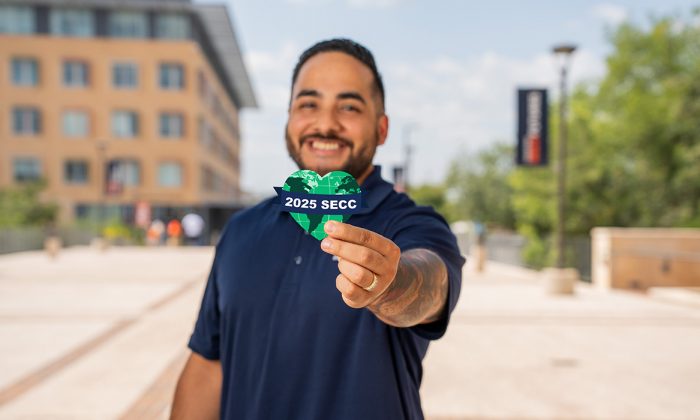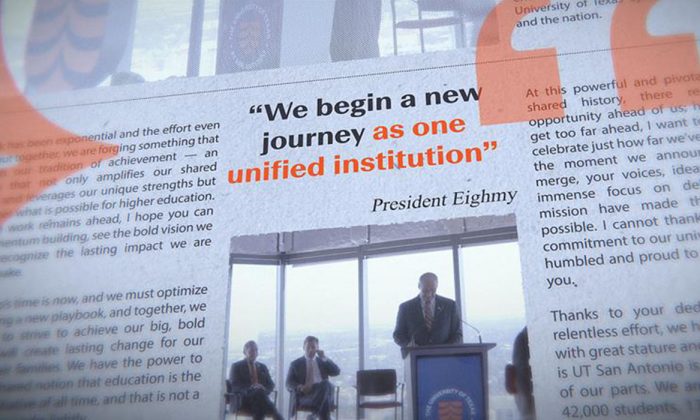A University of Texas at San Antonio project is providing the residents of San Antonio’s West Side access to a valuable resource that connects them with the digital world.
Teaming up with Pre-K 4 SA and Gardendale Early Learning Program in a local school district, the UT San Antonio Adult Digital Literacy through Language Education (ADLLE) Community Lab recently began providing hands-on digital literacy and English as a Second Language (ESL) classes to parents of children enrolled at Gardendale.
Conducted in the Edgewood Independent School District, the program offers digital literacy lessons that align with students’ needs and interests while building their English language skills, and was made possible by a grant from AT&T.
Adding ADLLE to the educator team at Edgewood ISD enhances the depth of community enrichment and its success is due to instructors’ commitment to build genuine relationships with students, said program leaders.
“Taking the time to understand our students — their strengths, needs and perspectives — is essential to creating a space where real learning happens,” lead instructor Karl Van Over said. “We prioritize forming meaningful friendships but, more importantly, we create an environment where language flows more naturally, engagement is real, and learning goals are shared and valued by everyone.”
“For many in our community, the digital divide is a very real barrier to accessing the resources they need to thrive.” — M. Sidury Christiansen

New urgency
As part of UT San Antonio’s ongoing commitment to supporting the educational, economic and cultural development of Westside residents, ADLLE offers its targeted instruction through a supervised team of graduate and doctoral students.
The ADLLE Community Lab’s mission has become more critical than ever following the COVID pandemic, said M. Sidury Christiansen, UT San Antonio professor and director and principal investigator for the ADLLE Community Lab.
“As essential services — from job applications and tele-medicine to school and family communication — have moved online, digital literacy is no longer a luxury, but a necessity,” Christiansen said. “For many in our community, the digital divide is a very real barrier to accessing the resources they need to thrive.”
For Christiansen, the partnership fulfills a promise to the community.
“As a researcher and educator, I believe it is our responsibility to step outside the ‘ivory tower’ and engage directly with the people we aim to serve,” she said. “Our work cannot exist in a vacuum. This is about real-world impact and ensuring that our research and teaching translate into tangible benefits for San Antonio communities.”
But there are challenges to the program, including consistent attendance affected by transportation and time barriers, she said.
“This is why we are super excited about this new partnership,” Christiansen said. “By providing classes on site, we are making it easier for parents to attend, and creating a stable, educational environment that we believe will lead to higher participation and more effective services for the families we serve.”
Partnering with the schools also provides a way for ADLLE to integrate families in the educational journey.
“It’s a powerful statement when children see their parents actively engaged in their own learning and development,” she said. “It reinforces the value of education that many families already pass on, turning an abstract idea into a powerful example.”



